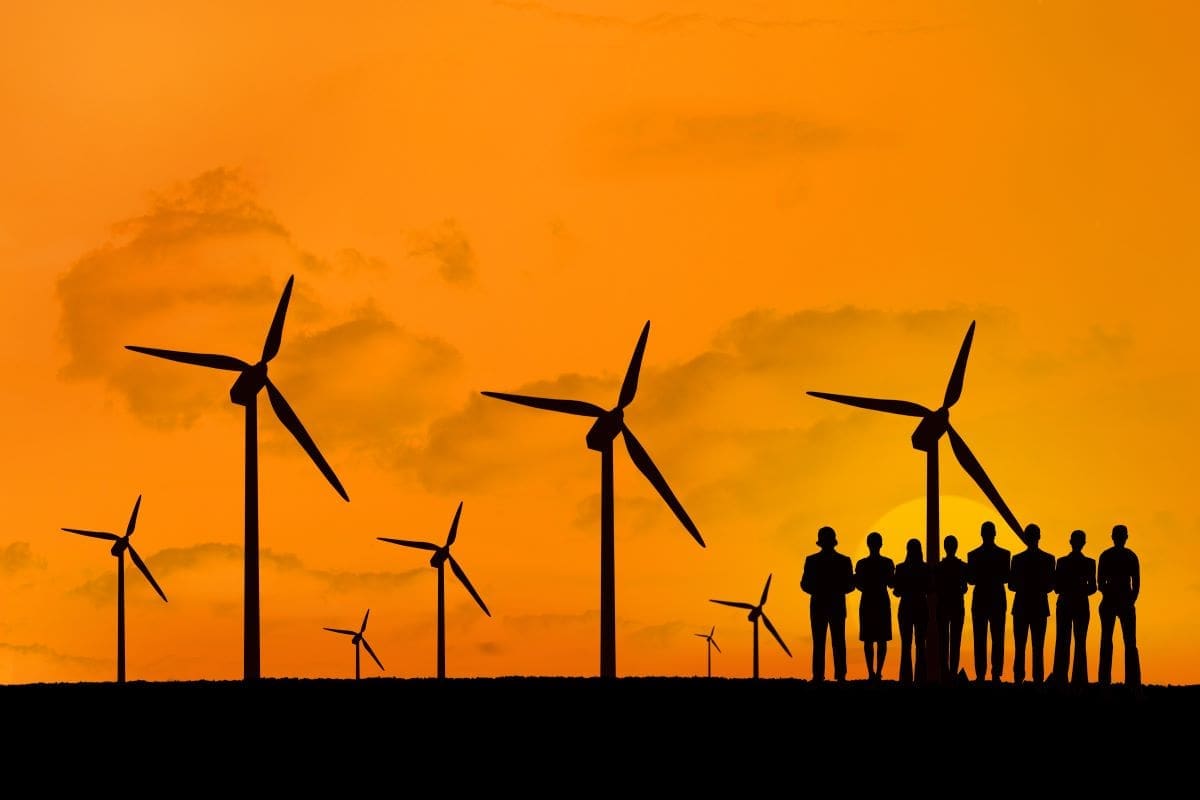In a significant stride towards unified global action against the climate crisis, the United Nations Framework Convention on Climate Change (UNFCCC) and the International Energy Agency (IEA) have unveiled a fresh phase of collaboration. The initiative aims to propel advancements in energy commitments established at the recent COP28 climate summit in Dubai, with the overarching objective of curbing global warming to 1.5°C.
UNFCCC Executive Secretary Simon Stiell and IEA Executive Director Fatih Birol unveiled this collaborative endeavor at the commencement of the Copenhagen Climate Ministerial. The gathering, attended by nearly 30 ministers and climate leaders worldwide, focuses on the execution of COP28 outcomes and pivotal themes for COP29 in Azerbaijan.
Under this renewed collaboration, the UNFCCC and IEA will concentrate on three pivotal areas:
Tracking and Reporting Energy Outcomes: The organizations will meticulously monitor and report on energy-related outcomes stemming from the inaugural Global Stocktake at COP28. This includes evaluating progress towards the new global 2030 goals set during COP28, such as tripling renewable energy capacity, doubling energy efficiency progress, and significantly reducing methane emissions.
Building Consensus for 1.5°C-aligned Transitions: Efforts will be directed towards fostering consensus on actions essential for achieving energy transitions aligned with the 1.5°C goal. This involves acknowledging the imperative to transition away from fossil fuels in energy systems in a just and equitable manner, including the phase-down of unabated coal power.
Supporting Next Round of Nationally Determined Contributions (NDCs): The UNFCCC and IEA will extend support for the upcoming round of NDCs under the Paris Agreement. This entails providing policy advice and technical support for the development of energy-related targets in alignment with COP28 outcomes and the Paris Agreement’s objectives.
In addition, the two entities will deepen their existing collaboration on data and capacity building. Joint efforts will focus on enhancing national energy data and fortifying the transparency and effectiveness of energy and climate decision-making processes.
Mr. Stiell emphasized the need to translate commitments into action, stressing the criticality of implementing policies and measures to realize agreed-upon targets. Dr. Birol underscored the significance of this collaboration in transforming commitments into tangible actions at the requisite pace and scale.
The collaboration between the UNFCCC and IEA will be further reinforced through the COP-IEA High-Level Energy Transition Dialogues, a series initiated under the United Arab Emirates’ Presidency of COP28. These dialogues will continue throughout 2024, fostering discussions among international climate and energy leaders to establish priorities ahead of COP29 in Baku.
As part of their concerted efforts, the UNFCCC and IEA will engage more closely with stakeholders to align climate and energy ambitions and actions. This entails facilitating better coordination and interaction among decision-makers in both domains.
The collaborative endeavor between the UNFCCC and IEA marks a pivotal juncture in global efforts to combat climate change, underscoring the imperative for concerted action and international cooperation in addressing one of the most pressing challenges of our time.
(More information: United Nations Framework Convention on Climate Change (UNFCCC) – Press Release; International Energy Agency (IEA) – Press Release; Featured image credits: creativeart – Freepik.com)




